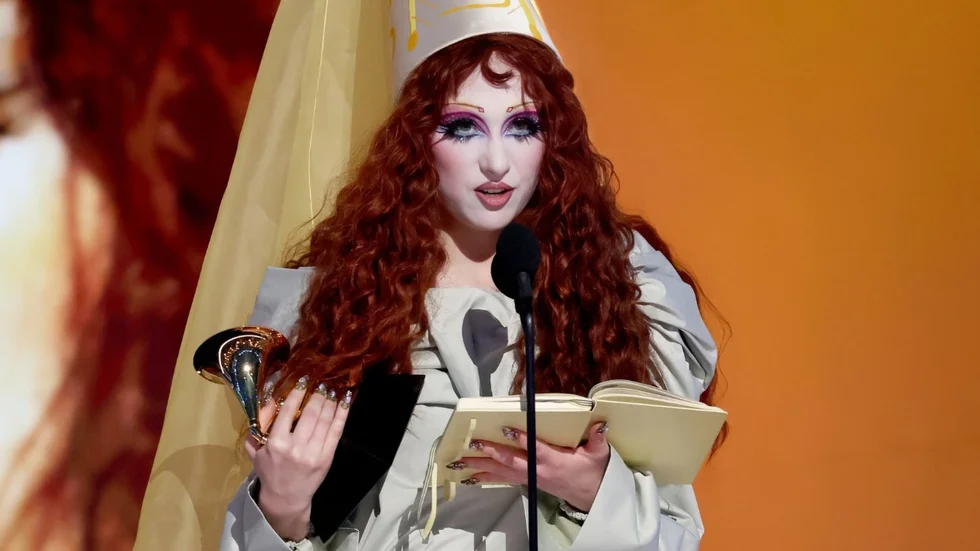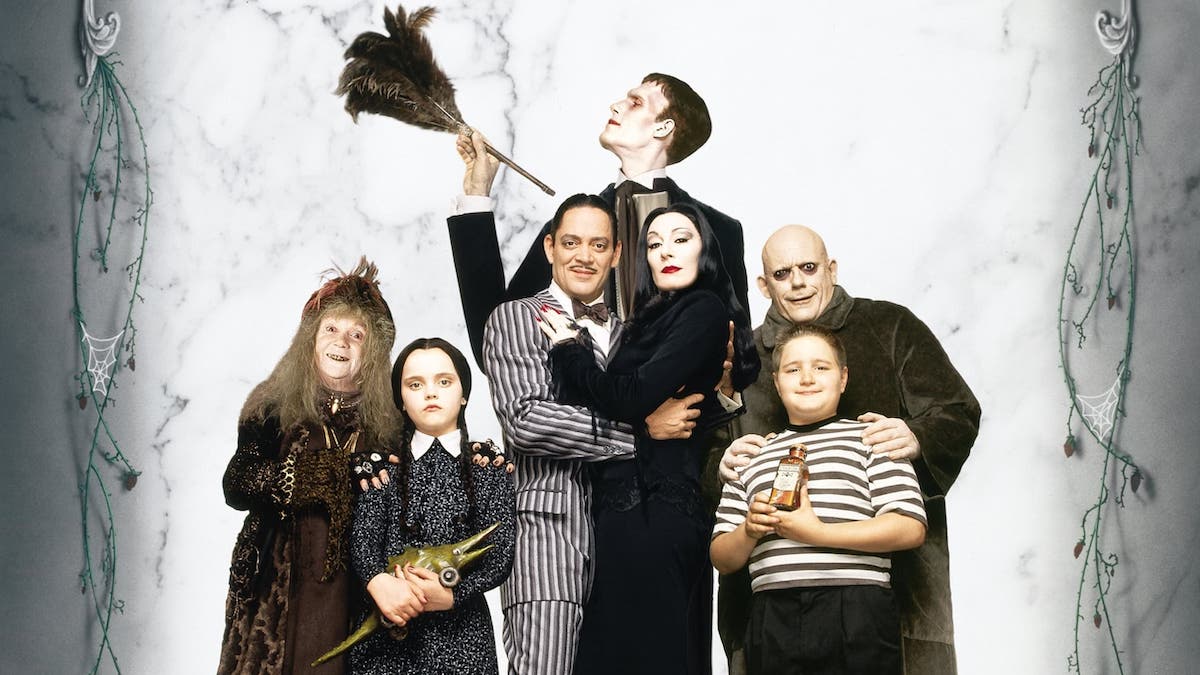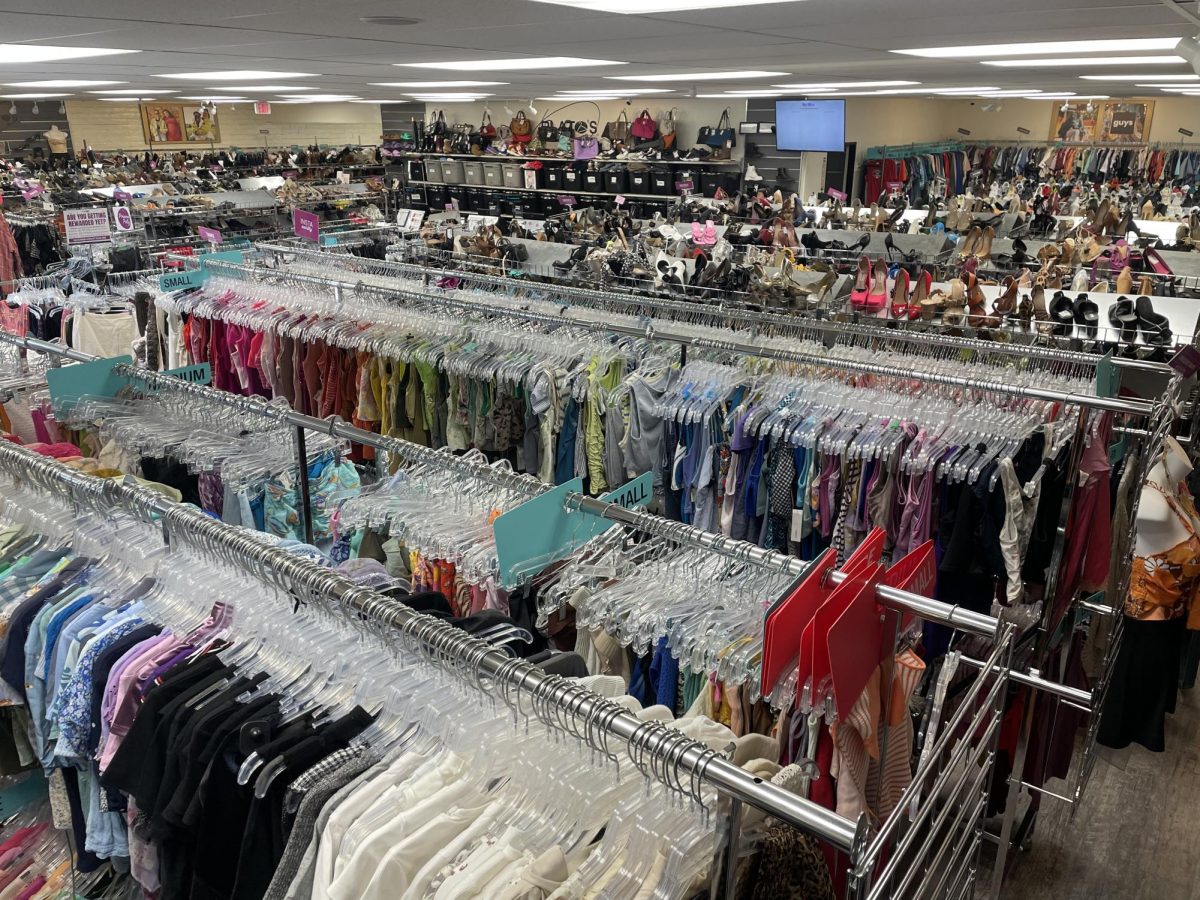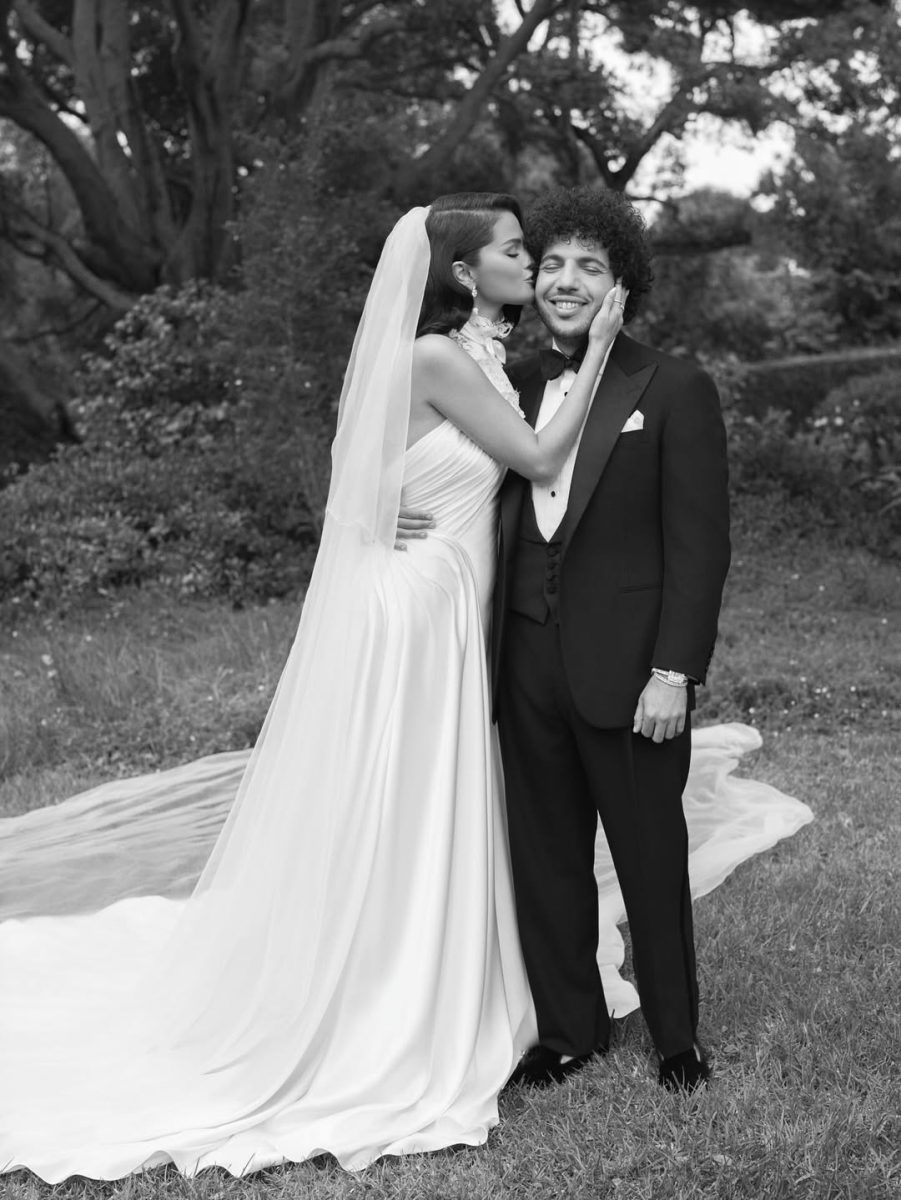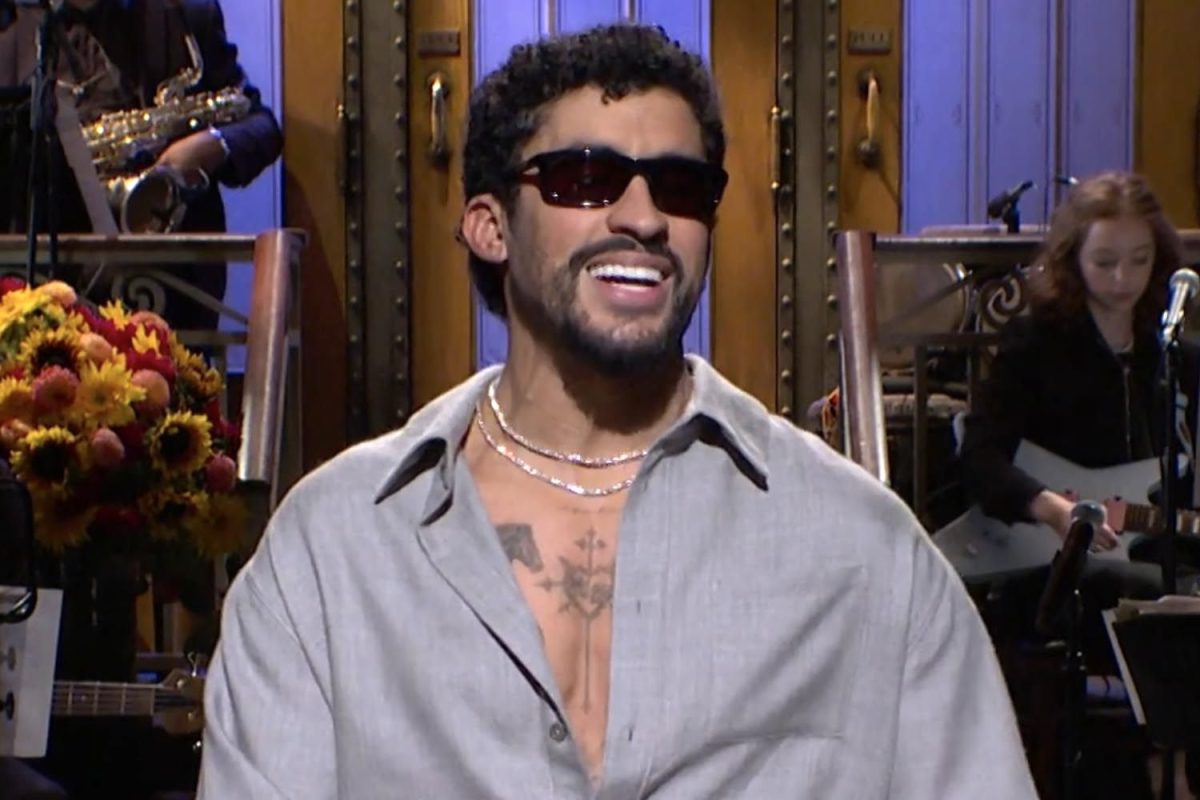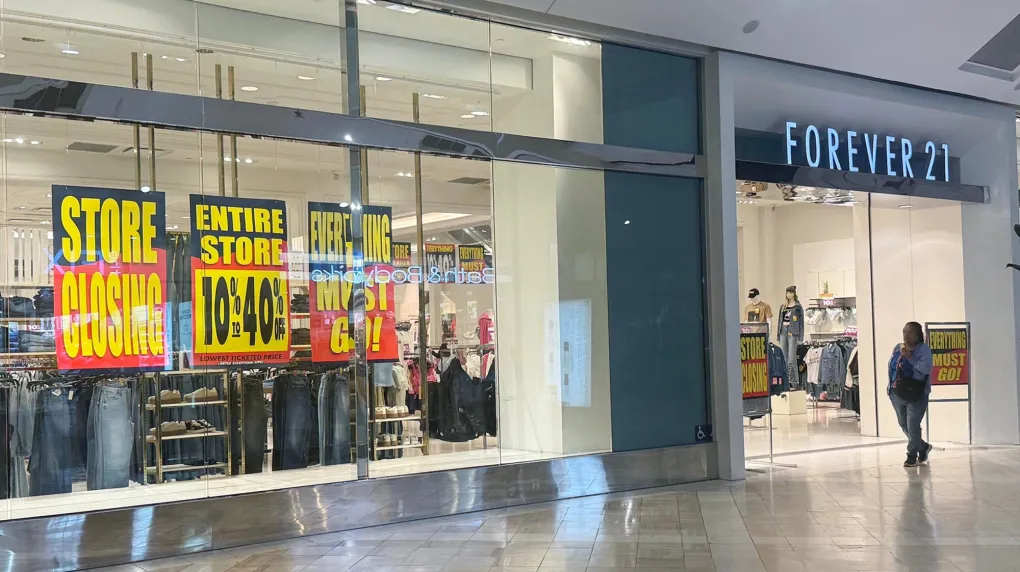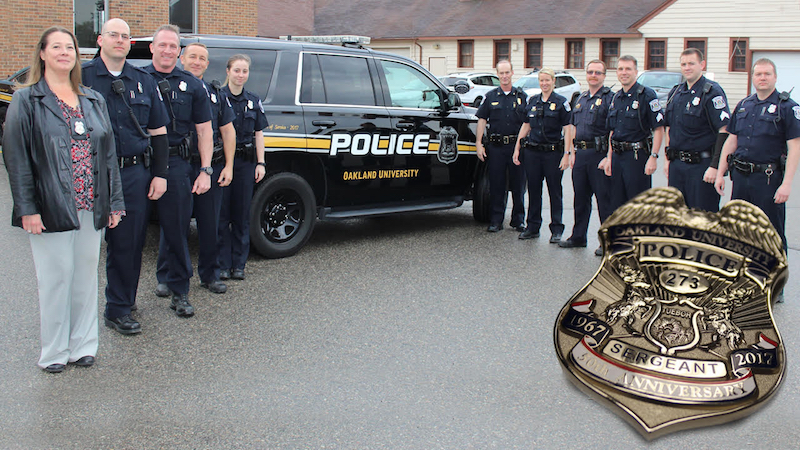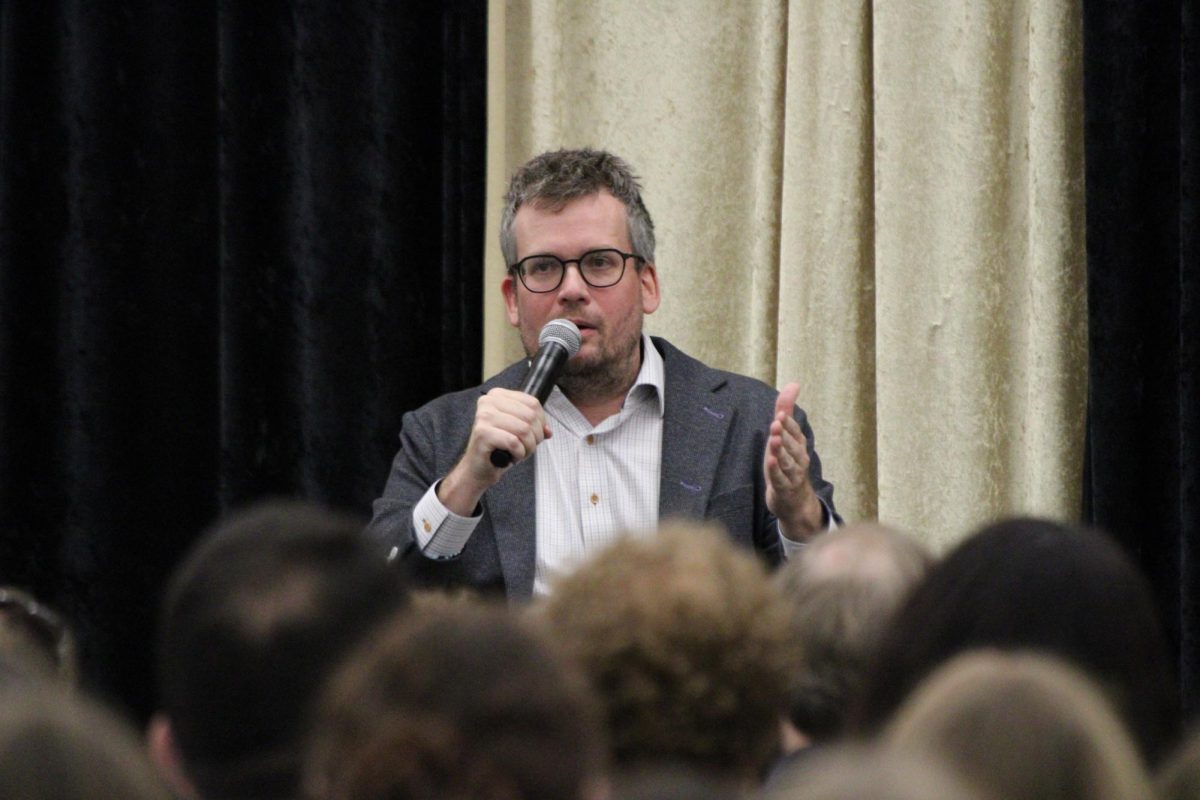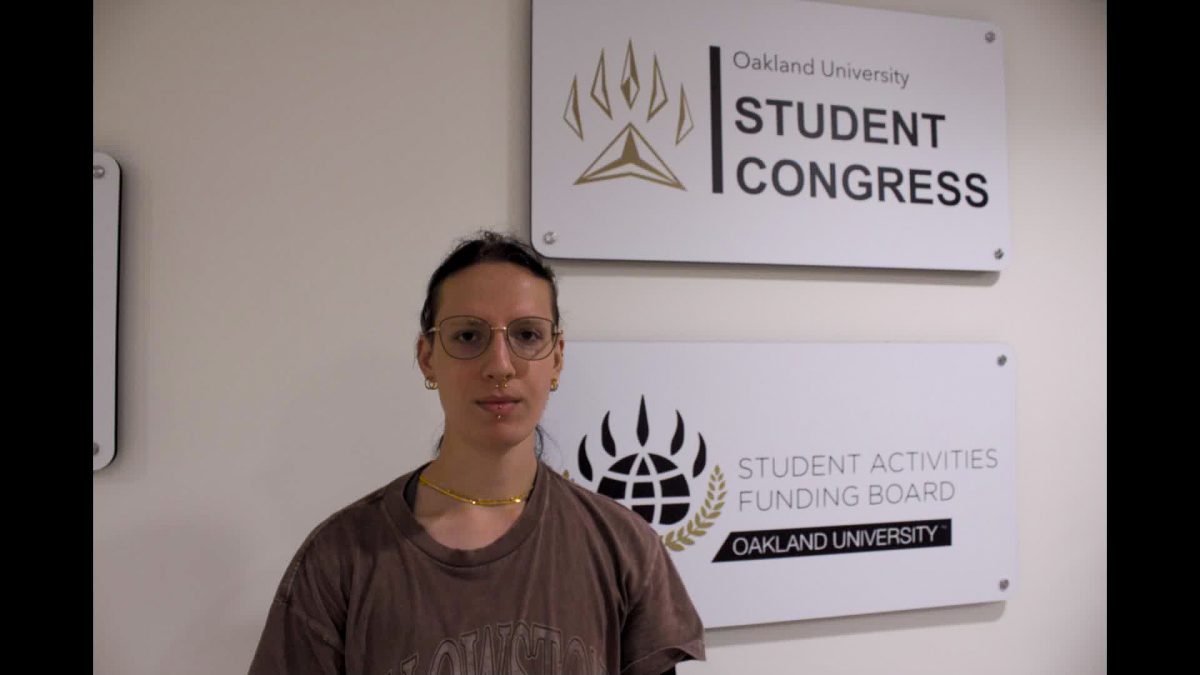On Feb. 2, at the Grammy’s, Chappell Roan took the stage to give her acceptance speech after being awarded Best New Artist. While reading from a notebook, Roan captured the attention of what she deemed the most “powerful people in music,” advocating that developing artists have access to healthcare and livable wages.
Roan detailed her struggles as an up-and-coming artist, getting dropped by her label in 2020 and suddenly having no income, job experience or health insurance. “It was so devastating to feel so committed to my art and feel so betrayed by the system, and so dehumanized to not have health insurance. And if my label would have prioritized artist health, I could’ve been provided care by a company I was giving everything to,” she said.
Roan signed off with a question to the music industry: “Labels, we got you, but do you got us?”
Shortly after this revolutionary speech, Roan received both support and backlash. A Hollywood Reporter guest essay, written by former Atlantic Records executive Jeff Rabhan, accuses Roan of “broadcasting naïveté and taking aim at the very machine that got her there,” arguing that “there is no moral or ethical obligation by any standard that hold labels responsible for the allocation of additional funds beyond advances and royalties.”
Roan fired back at Rabhan with a post to her Instagram story. “Wanna match me $25k to support struggling artists? Will keep everyone updated with the much-awaited response,” she wrote. She then gave shoutouts to smaller artists that she feels deserve “more love and a bigger platform,” including Hemlock Springs, Sarah Kinsley, Devon Again and Baby Storme.
Similarly, Halsey took to her Instagram story to respond to Rabhan’s op-ed. “An artist like Chappell who has worked for over a decade is not an ‘instant industry insider’ and to compare the payoff of her actions to those of an industry titan with the power and financial leverage like Taylor Swift, when Chappell hasn’t even spun the block enough times to see the residuals of her long earned but sudden success, is irresponsible for someone with your experience in this industry,” she wrote.
Fellow artists Charli XCX, Noah Kahan and Sabrina Carpenter have also come forward in support of Roan, matching her $25k donation and pledging to help struggling artists. Following Roan’s Grammy’s speech, Universal Music Group launched a mental health fund in partnership with Music Health Alliance, aiming to provide healthcare support and resources for music industry workers.
After receiving public support and donations, Roan took to her Instagram story to clarify the intentions of her speech. “Sharing my personal experience on the Grammy stage wasn’t meant to be a crowdfunded bandaid but a call to action to the leaders of the industry to step up, help us make real change and protect their investments in a sustainable way,” she wrote. “My mind will not be changed about artists deserving more than what’s standard in the industry. Random dudes are allowed to criticize my Grammy speech, but they best put their money where their mouth is, otherwise MOVE out of the way.”
This has become a movement that combines both the acting and music worlds, with Ariana Grande stepping up as an advocate for young stars.
“It’s so important that these record labels, these studios, these TV studios, these big production companies make it a part of the contract when you sign on to do something that’s going to change your life in that way, on that scale,” Grande said. “You need a therapist to be seeing several times a week.”
Many will remember that Grande got her start on the Nickelodeon show “Victorious.” Just last year, a documentary titled “Quiet on Set” was released, detailing the toxic behind-the-scenes world of these children’s television shows. Dan Schneider, a Nickelodeon producer, was accused of sexism, workplace harassment and abuse.
Roan’s speech has shined light on the struggles of the music industry and comes during a time when smaller artists and actors are finally being advocated for. This has opened up larger discussions about the accessibility of healthcare and artists’ ability to make livable wages, all while exposing the side of Hollywood that is quick to take advantage of young talent.
Roan has since collaborated with non-profit group Backline for her “We Got You” fundraising campaign. If you’re interested in supporting this cause, you can donate here.



